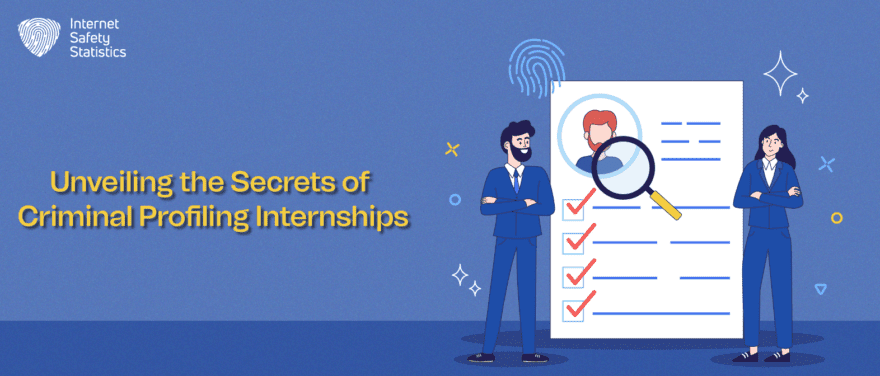
Starting a criminal profiling internship can be an exciting and educational experience. Criminal profiling, a fascinating intersection of psychology and criminology, has long captivated those intrigued by the intricacies of criminal behaviour and filled the gap between theory and practice. Aspiring profilers, armed with a passion for understanding the minds behind unlawful acts, often seek avenues to delve into this specialised field.
The realm of criminal profiling internships opens a gateway for enthusiasts to unlock the secrets of criminal minds, blending theoretical knowledge with hands-on experience. In this article, we explore the significance of criminal profiling internships, shedding light on the key aspects aspiring profilers should consider as they enter this captivating world.
How Do You Start Criminal Profiling?
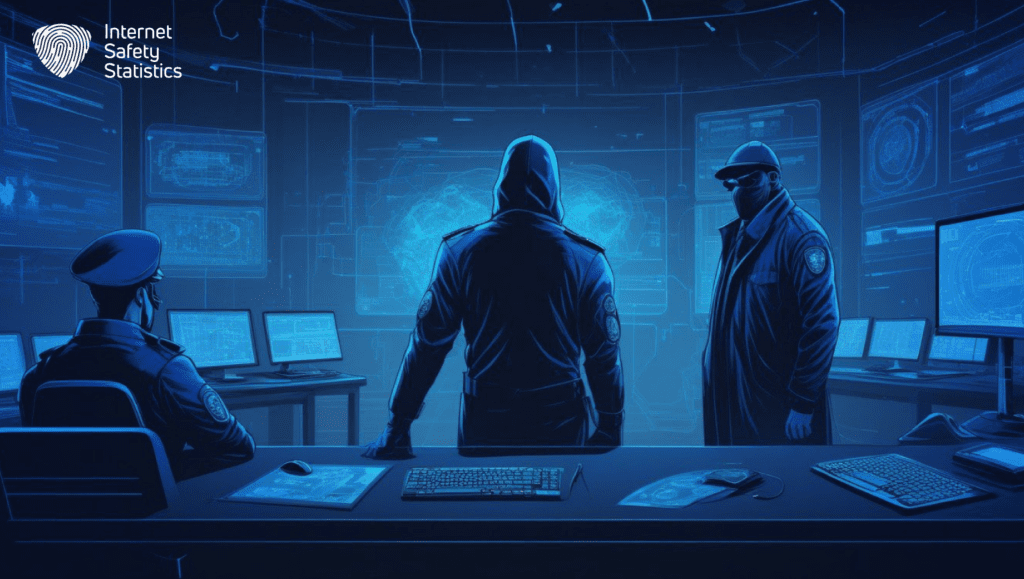
Criminal profiling is a fascinating field that combines psychology, criminology, and investigative skills. If you’re interested in getting started, here are some steps you might consider:
- Education: Obtain a solid educational foundation in psychology or criminology. A bachelor’s degree is the minimum requirement, but many profilers also have advanced degrees.
- Specialised Training: Look for specialised courses or workshops in criminal profiling. Some organisations and institutions offer training programs specifically focused on this field.
- Gain Experience: Acquire practical experience in law enforcement or a related field. Many profilers have backgrounds as police officers, detectives, or analysts.
- Understand Criminal Behavior: Develop a deep understanding of criminal behaviour, including the psychological and sociological factors contributing to criminal actions.
- Study Notable Cases: Analyse and study high-profile criminal cases to understand how profiling has been applied in real-life situations.
- Networking: Connect with professionals in the field. Networking can provide valuable insights, guidance, and potential opportunities.
- Develop Analytical Skills: Hone your analytical skills. Profilers need to be able to analyse crime scenes, victimology, and other relevant information to create a comprehensive profile.
- Stay Informed: Stay up-to-date with the latest criminology, psychology, and forensic science developments. This field is constantly evolving, and staying informed is crucial.
- Consider Advanced Degrees: Pursue advanced degrees in forensic psychology or a related field to specialise further.
- Ethics and Legal Considerations: Understand the ethical and legal considerations of criminal profiling. Profilers must adhere to strict ethical standards and guidelines.
So, criminal profiling is a complex field with no one-size-fits-all approach. It requires a combination of education, experience, and a deep understanding of human behaviour. If you’re passionate about it, take the time to explore each aspect and consider how you can build a strong foundation in the field.
What Does a Profiler Do?
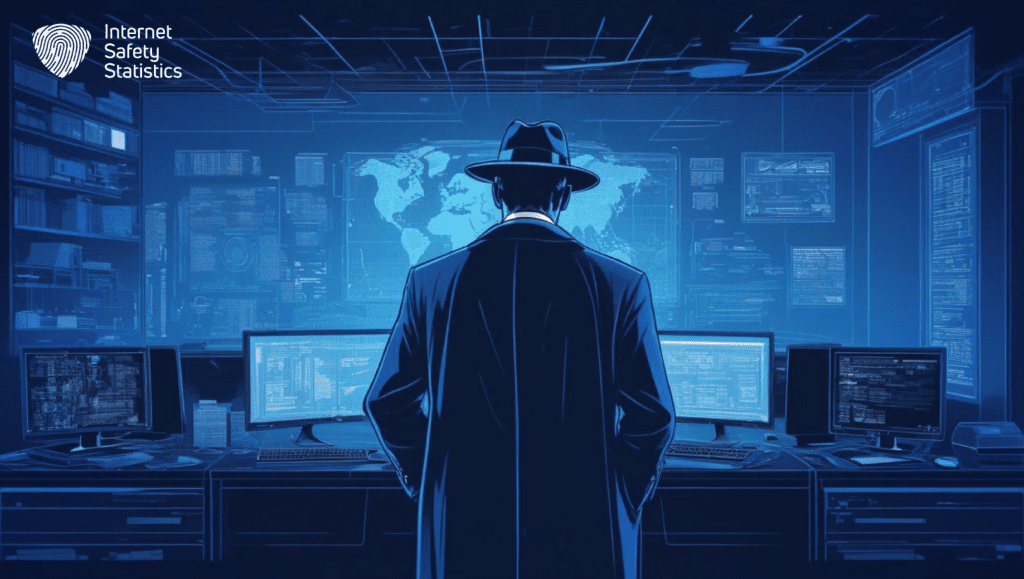
A profiler is a professional who analyses criminal behaviour patterns to create a profile of the likely offender. The goal is to assist law enforcement in identifying and charging people involved in criminal activities. Here are some aspects of what a profiler typically does:
- Crime Scene Analysis: Profilers examine crime scenes to identify patterns, behaviours, and evidence left by the offender. They consider factors such as the method of entry, the type of crime, and the condition of the crime scene.
- Victimology: Profilers study the characteristics of the victims to understand the offender’s motives and selection criteria; this involves analysing the relationships between victims and identifying any commonalities.
- Behavioural Analysis: Profilers assess the offender’s behaviour before, during, and after the crime; this includes examining rituals, modus operandi (methods of operation), and signatures (distinctive elements added by the offender).
- Developing a Profile: Based on the analysis of crime scenes, victimology, and behaviour, profilers create a profile of the likely offender. This profile may include demographic information, personality traits, and potential motives.
- Providing Investigative Advice: Profilers collaborate with investigators, providing insights and advice on potential investigative strategies. Based on the profile, they may suggest areas of focus, suspect characteristics, and potential leads.
- Interviewing Witnesses and Suspects: Profilers may interview witnesses or suspects to gather additional information. Their understanding of criminal behaviour helps them ask relevant questions and interpret responses.
- Reviewing Evidence: Profilers work closely with forensic experts to review physical evidence, such as DNA, fingerprints, and other forensic clues. They integrate this information into their overall analysis.
- Assisting in Cold Cases: Profilers are often called upon to assist in solving cold cases where traditional investigative methods have yet to yield results. They bring a fresh perspective and expertise in analysing patterns.
- Training and Consultation: Some profilers are involved in training law enforcement personnel and providing consultation on criminal behaviour. They may contribute to the development of investigative techniques and protocols.
Criminal profiling is not a foolproof science, and its effectiveness can vary. Profilers use experience, psychological understanding, and analytical skills to contribute to criminal investigations.
Is Criminal Profiling Competitive?
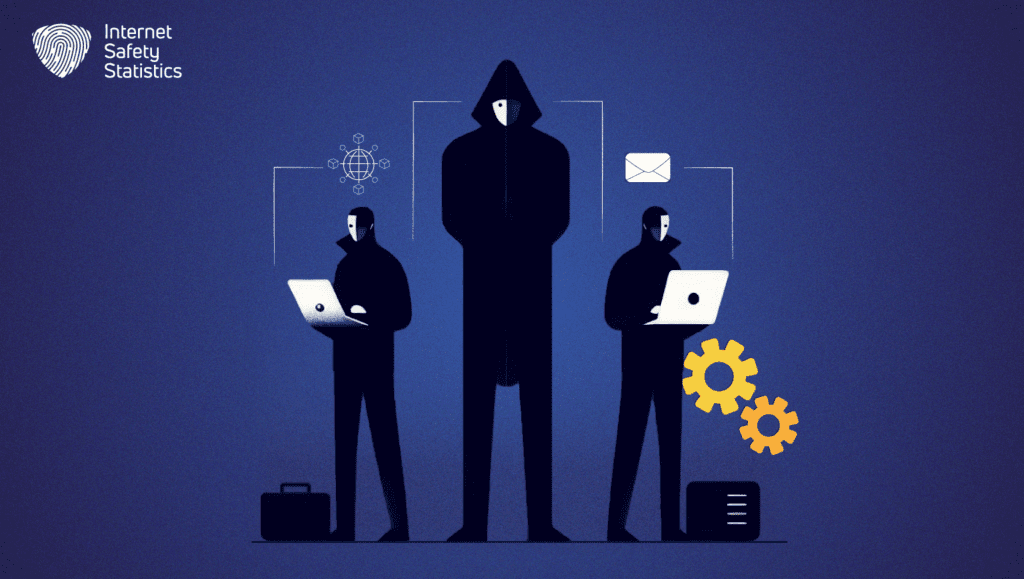
Yes, the field of criminal profiling can be competitive. It’s a specialised and high-demand area within law enforcement and forensic psychology. Here are a few reasons why it can be competitive:
- Limited Positions: There are relatively few dedicated positions for criminal profilers within law enforcement agencies. Competition for these positions can be intense due to their specialised nature.
- Educational and Experience Requirements: Many agencies require profilers to have advanced degrees in forensic psychology or criminology. Additionally, relevant work experience is often a prerequisite, especially in law enforcement or a related field.
- Specialised Skills: Profilers need a unique combination of skills, including a deep understanding of criminal behaviour, analytical abilities, and effective communication skills. Individuals with a strong background in these areas are in demand.
- Experience in Law Enforcement: Many profilers have prior experience in law enforcement, such as working as police officers or detectives. This experience is valued and can contribute to a competitive edge.
- Continuous Learning: Criminal profiling is an evolving field, and those who stay updated on the latest developments and technologies related to forensic psychology and criminology may have a competitive advantage.
- Networking: Building a network within criminal profiling can be beneficial. Networking provides opportunities to learn from experienced profilers, gain insights, and discover job openings.
- Demonstrated Success: Agencies often look for profilers with a track record of success in solving cases or providing valuable insights. Demonstrated success in previous positions can make an individual more competitive.
While the field is competitive, passion, dedication, and a commitment to continuous learning can set individuals apart. Engaging in internships, participating in relevant training programs, and building a strong educational foundation can all contribute to a successful career in criminal profiling.
What Does It Take to Become a Good Criminal Profiler?
Joining organisations or agencies specialising in profiling requires a combination of education, skills, experience, and personal attributes. Here are some general considerations for joining such places:
- Strong Resume and Cover Letter: Craft a compelling resume highlighting your education, skills, and relevant experiences. Tailor your cover letter to each specific application, expressing your passion for profiling and how your background makes you a strong candidate.
- Security Clearances: A security clearance may be necessary for positions in certain government agencies or security-related fields. Be aware of any specific requirements and be prepared to undergo background checks.
- Adaptability: Profiling often requires adaptability and working in dynamic and challenging environments. Highlight your ability to adapt to changing situations and your willingness to learn and improve continuously.
- Ethical Considerations: Profilers often deal with sensitive information, and ethical considerations are paramount. Demonstrate a strong commitment to ethical conduct and respect for privacy and legal standards.
- Physical and Mental Resilience: Profiling roles may require physical and mental resilience. For example, law enforcement roles may involve challenging situations, so being physically fit and mentally resilient can be crucial.
Different organisations and sectors may have varying requirements, so tailor your preparation and qualifications based on the specific type of profiling you are interested in. Research the organisations you’re applying to and tailor your application accordingly.
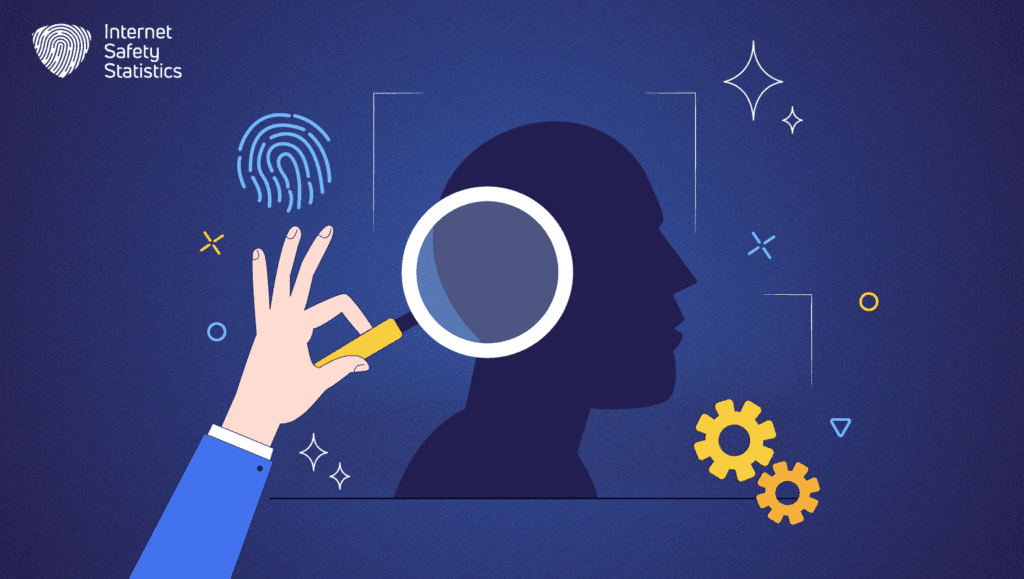
What Are Some Examples of Profiling?
Profiling can take various forms depending on the context in which it’s applied. Here are a few examples of profiling in different fields:
- Criminal Profiling: As discussed earlier, criminal profiling involves analysing behavioural and investigative information to create a profile of a likely offender. For example, profiling may be used to understand the characteristics and motivations of a serial killer or a terrorist.
- Customer Profiling: In marketing, businesses create customer profiles to understand their target audience better; this involves analysing demographics, purchasing behaviour, preferences, and other data to tailor products and marketing strategies.
- Airport Security Profiling: In airport security, profiling is used to identify people who may pose a higher risk of engaging in unlawful activities; this can involve analysing travel patterns, behaviour, and other factors to assess potential threats.
- Financial Profiling: Financial institutions may use profiling to detect unusual or suspicious financial activities, including monitoring transactions, analysing spending patterns, and identifying potential fraud or money laundering signs.
- Racial Profiling: Racial profiling happens when law enforcement or other authorities target people based on their ethnicity or race rather than on evidence of criminal behaviour. This practice is widely criticised for its potential to perpetuate discrimination and injustice.
- Psychological Profiling in Hiring: Some companies use psychological profiling as part of the hiring process; this involves assessing job applicants’ personality traits, cognitive abilities, and other psychological factors to determine their suitability for a particular role.
- Cyber Profiling: In cybersecurity, profiling is used to identify behaviour patterns that may indicate cyber threats; this can involve analysing network traffic, user behaviour, and other data to detect abnormalities and potential security risks.
- Medical Profiling: In healthcare, patient profiling involves creating profiles based on health history, genetics, lifestyle, and other factors. This information is used to personalise medical treatments and interventions.
While profiling can be valuable in various fields, it must be conducted ethically and without discrimination. Unfair profiling practices, such as racial profiling, can have serious social and legal consequences. Proper training, adherence to ethical guidelines, and consideration of individual rights are essential in any profiling context.
What Are the Best Places Who Give Criminal Profiling Internships?
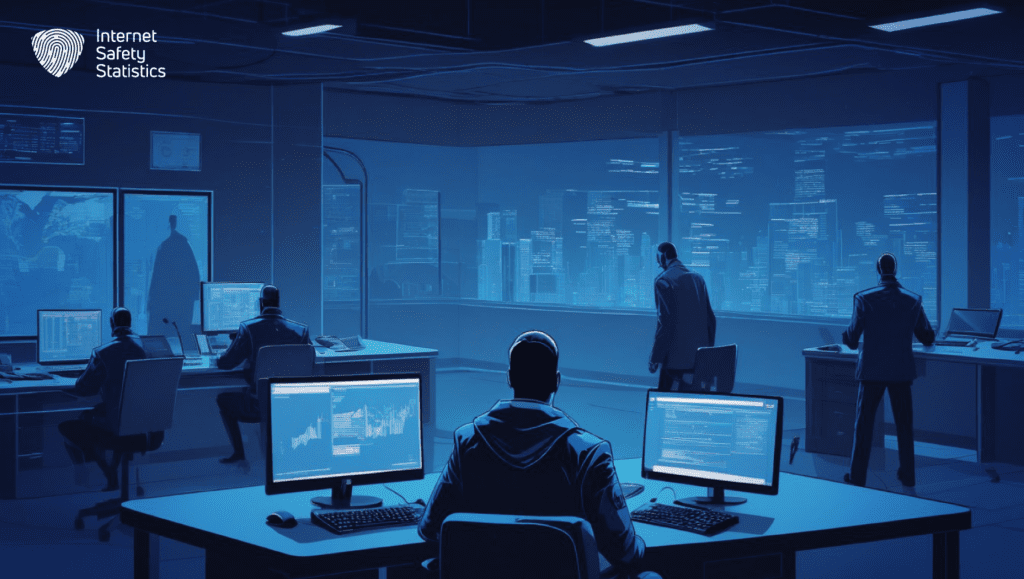
Finding profiling internships can be challenging, as opportunities may vary based on location, educational background, and specific area of interest. However, here are some types of organisations and sectors where you might find profiling internship opportunities:
- Law Enforcement Agencies: Many law enforcement agencies, such as the FBI, CIA, or local police departments, may offer internships in criminal profiling. These opportunities could involve working with experienced profilers on real cases.
- Government Agencies: Various government agencies may have units dealing with profiling in national security, counterterrorism, and cybercrime. Look into agencies like the Department of Homeland Security or the National Counterterrorism Center.
- Private Security Companies: Private companies specialising in security and risk management may offer internships in cybersecurity profiling or corporate security.
- Research Institutions: Universities and institutions with psychology or criminology departments may research profiling. Explore internship opportunities within these academic settings.
- Forensic Laboratories: Forensic laboratories may have internship programs for individuals interested in forensic profiling; this could involve working with forensic scientists and analysts.
- Technology Companies: Technology companies often hire interns for profiling and threat analysis in cybersecurity. Look for opportunities with cybersecurity firms or within the security divisions of major tech companies.
- Marketing and Advertising Agencies: If your interest is in customer profiling or market research, consider internships with marketing and advertising agencies. They often use profiling techniques for targeted advertising.
- Healthcare Organisations: Healthcare organisations conducting research in medical profiling or personalised medicine may offer internship opportunities; this could involve analysing patient data and contributing to medical profiling projects.
- Human Resources and Personnel Management: Some companies may incorporate psychological profiling in their human resources practices. Look for internships in organisations that focus on personnel management or organisational psychology.
- Nonprofit Organisations: Nonprofit organisations focused on criminal justice, human rights, or social issues may have internship opportunities that involve profiling. These organisations may work on advocacy, research, or support services.
When searching for internships, utilise online job boards, company websites, and networking platforms like LinkedIn. Don’t hesitate to contact organisations you’re interested in to inquire about potential internship opportunities. Furthermore, consult your academic advisors, professors, or career services for guidance and recommendations based on your specific goals and qualifications. Remember to be persistent and proactive in your search. Profiling internship opportunities can be competitive, so showcasing your genuine interest, relevant skills, and a strong work ethic will set you apart.
A criminal profiling internship is a unique opportunity that fills the gap between classroom learning and real-world application. Aspiring profilers who tackle this journey gain insights into the methodologies and techniques employed in criminal profiling and contribute to the pursuit of justice. The experience gained during a criminal profiling internship is invaluable, shaping individuals into professionals equipped to understand, analyse, and ultimately unveil the secrets hidden within the complex web of criminal behaviour. So, for those eager to unravel the mysteries of the criminal mind, a criminal profiling internship might be the key to unlocking a future filled with purpose and impact.
